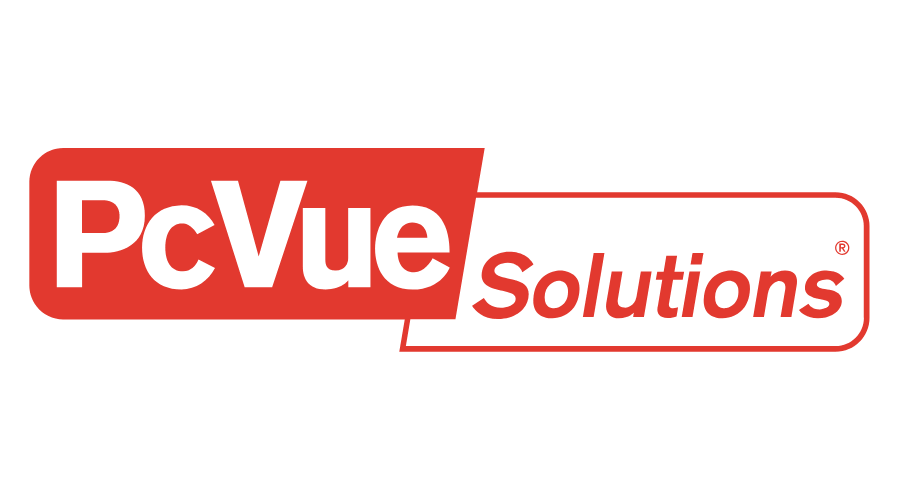1. EXECUTIVE SUMMARY
- CVSS v3 9.8
- ATTENTION: Exploitable remotely/low skill level to exploit
- Vendor: ARC Informatique
- Equipment: PcVue
- Vulnerabilities: Deserialization of Untrusted Data, Access to Critical Private Variable via Public Method, Information Exposure of Sensitive Information to an Unauthorized Actor
2. RISK EVALUATION
Successful exploitation of these vulnerabilities could allow an attacker to execute arbitrary code, expose sensitive data, and prevent legitimate users from connecting to PcVue services.
3. TECHNICAL DETAILS
3.1 AFFECTED PRODUCTS
The following versions of PcVue are affected:
- PcVue Versions 8.10 to versions prior to 12.0.17
3.2 VULNERABILITY OVERVIEW
3.2.1 DESERIALIZATION OF UNTRUSTED DATA CWE-502
The affected product is vulnerable due to the deserialization of untrusted data, which may allow an attacker to remotely execute arbitrary code on the web and mobile back-end server.
CVE-2020-26867 has been assigned to this vulnerability. A CVSS v3 base score of 9.8 has been calculated; the CVSS vector string is (AV:N/AC:L/PR:N/UI:N/S:U/C:H/I:H/A:H).
3.2.2 ACCESS TO CRITICAL PRIVATE VARIABLE VIA PUBLIC METHOD CWE-767
The affected product is vulnerable to a denial-of-service attack due to the ability of an unauthorized user to modify information used to validate messages sent by legitimate web clients. This issue also affects third-party systems based on the Web Services Toolkit.
CVE-2020-26868 has been assigned to this vulnerability. A CVSS v3 base score of 7.5 has been calculated; the CVSS vector string is (AV:N/AC:L/PR:N/UI:N/S:U/C:N/I:N/A:H).
3.2.3 INFORMATION EXPOSURE OF SENSITIVE INFORMATION TO AN UNAUTHORIZED ACTOR CWE-200
The affected product is vulnerable to information exposure, allowing unauthorized users to access session data of legitimate users. This issue also affects third-party systems based on the Web Services Toolkit.
CVE-2020-26869 has been assigned to this vulnerability. A CVSS v3 base score of 7.5 has been calculated; the CVSS vector string is (AV:N/AC:L/PR:N/UI:N/S:U/C:H/I:N/A:N).
3.3 BACKGROUND
- CRITICAL INFRASTRUCTURE SECTORS: Multiple Sectors
- COUNTRIES/AREAS DEPLOYED: Worldwide
- COMPANY HEADQUARTERS LOCATION: France
3.4 RESEARCHER
Sergey Temnikov and Andrey Muravitsky of Kaspersky Lab reported these vulnerabilities to ARC Informatique.
4. MITIGATIONS
ARC Informatique recommends upgrading PcVue to v12.0.17. Contact PcVue Support to receive instructions on downloading and installing the latest software version.
The following mitigations and workarounds have been identified by ARC Informatique to help reduce risk:
- Uninstall the web and mobile backend. Users not using the affected components should uninstall them. If the components are not required, do not install them.
- Change default configuration if using components prior to v12.0. If taking advantage of the web and mobile back features with a product version up to v11.2, change the following configuration item manually to prevent remote code execution
- In the file <PcVue installation directory>\Bin\PropertyServer.config>, change the following element and set it to “Low” (defaults to “Full”):
<serverProviders>
<formatter ref=”binary” typeFilterLevel=”Low” />
</serverProviders>
- This workaround cannot be applied to PcVue v12.0
For more information on this issue, please see Security Bulletin 2020-1 on the ARC Informatique security page.
CISA recommends users take defensive measures to minimize the risk of exploitation of this vulnerability. Specifically, users should:
- Minimize network exposure for all control system devices and/or systems, and ensure that they are not accessible from the Internet.
- Locate control system networks and remote devices behind firewalls, and isolate them from the business network.
- When remote access is required, use secure methods, such as Virtual Private Networks (VPNs), recognizing that VPNs may have vulnerabilities and should be updated to the most current version available. Also recognize that VPN is only as secure as the connected devices.
CISA reminds organizations to perform proper impact analysis and risk assessment prior to deploying defensive measures.
CISA also provides a section for control systems security recommended practices on the ICS webpage on us-cert.cisa.gov. Several recommended practices are available for reading and download, including Improving Industrial Control Systems Cybersecurity with Defense-in-Depth Strategies.
Additional mitigation guidance and recommended practices are publicly available on the ICS webpage on us-cert.cisa.gov in the Technical Information Paper, ICS-TIP-12-146-01B–Targeted Cyber Intrusion Detection and Mitigation Strategies.
Organizations observing any suspected malicious activity should follow their established internal procedures and report their findings to CISA for tracking and correlation against other incidents.
No known public exploits specifically target these vulnerabilities.
Source:


Stay connected